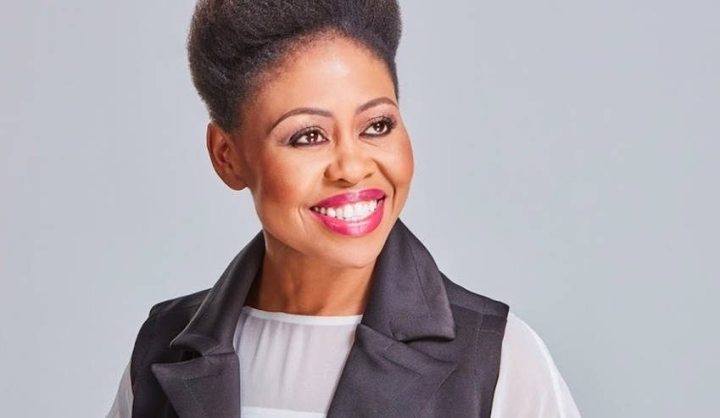Oped: The Big Debate – Comrades, are you listening to the voice of the youth?

In this week’s episode of The Big Debate, we interrogate the role of capital and party funding in influencing government decisions and the internal democracy of parties. When the Minister of Finance wrote the Budget, whose voice mattered – the cries of the electorate or the demands of capital? By THABISO BHENGU.
Presented by Redi Tlhabi, The Big Debate will be broadcasting live on SABC 2 on Saturday, 24 February at 19:00.
Minister of Finance Malusi Gigaba and his team have been proponents of radical economic transformation, an economic ideology that no one in government seems to have a clear understanding of what it means.
However, the Budget shows that radical economic transformation is against the poor. An increase in VAT without an introduction of a wealth tax accompanied by a constant tax rate that companies have to pay indicates that prices are most likely going to be higher than what poor people can afford while the profits of businesses remain largely unchallenged. An increase in the fuel levy translates to a hike in taxi fare that millions of citizens will now have to pay to get to work. Government seemingly has sided with capital, with wages of the working class remaining unchanged due to a stagnant economy. The minister believes that this will be hedged by the grant that is below the poverty line.
In this week’s episode of The Big Debate, we will interrogate the role of capital formally known as political party funding in influencing the decisions of government and the internal democracy of parties. When the minister wrote the Budget, whose voice mattered – the cries of the electorate or the demands of capital to continue to make profits that are above international expectations?
Political party funding is a hot topic. Judge Yasmin Meer in the Western Cape High Court ruled that Parliament must amend the Promotion of Access to Information Act to compel parties to reveal their private funding sources. The court left it to Parliament to decide on how it will go about doing that within the available deadline. Countries like Ghana, Brazil, Bhutan and many others have forced political parties to declare their assets, liabilities and private people and entities that fund them. This is based on an argument that a voter must participate in elections that are transparent. Citizens must be able to analyse whether the campaign statements of the party are consistent with the interest of the people that fund the party.
In the past the ANC has been accused of establishing patronage networks for more funding. In 2006 the Mail and Guardian revealed that Hitachi was awarded the contract of building the multi-billion rand Eskom Medupi power station in Lephalale and that the ANC had a 25% stake in the company. The US Securities and Exchange Commission charged Hitachi with violating the Foreign Corrupt Practices Act (FCPA) when it recorded inappropriate payments to the ANC. Hitachi agreed to pay $19-million to settle the SEC charges. There were no local charges in the country and Hitachi agreed to buy out the ANC. This is a silent admission that the deal was corrupt. Democracies are maintained through secret deals that affect the majority of the electorate in countries where funding is not declared.
The miles that parties are willing to go through to secure funding are unknown
The Bushbuckridge Association, a breakaway political organisation from the ANC, charges that they prefer receiving funds from community members because that leaves them in a position where members decide the policies and strategies to be implemented and not capital. This makes them call for more public funding, a position recently adopted by the ANC at is Nasrec Conference in December. This is consistent with global practices whereby in some European countries, there is even regulation over how much money parties can have. This is arguably to ensure that the playing field is level and voters are not being influenced through takeaways, bribes and fancy adverts during election season.
South Africa has a proportional representative system and this means that people vote for the party and there is an internal voting process within the party to decide who gets elected in Parliament. Is this system still beneficial for South Africa when the internal democracy of the ANC is rigged with corruption and political killings are rife because people desperately want to be elected? What is the criterion of electing a comrade to office? Is it based on merit or is it about finding someone who will protect the interest of the funders? What does this mean about our democracy and the power of voting?
The show will also debate whether young people are truly listened to in political parties. What are the structures in place within the ANC, DA, EFF and others that ensure that young people are not only loyal voters but policy influencers and can challenge decisions made by senior members of the party? Is the ANCYL still relevant today or it has become a factional ground where politicians can influence young leaders in their battle for office? DM
Thabiso Bhengu is Senior Producer of The Big Debate: @fistvoices
Photo: Redi Tlhabi.
















 Become an Insider
Become an Insider